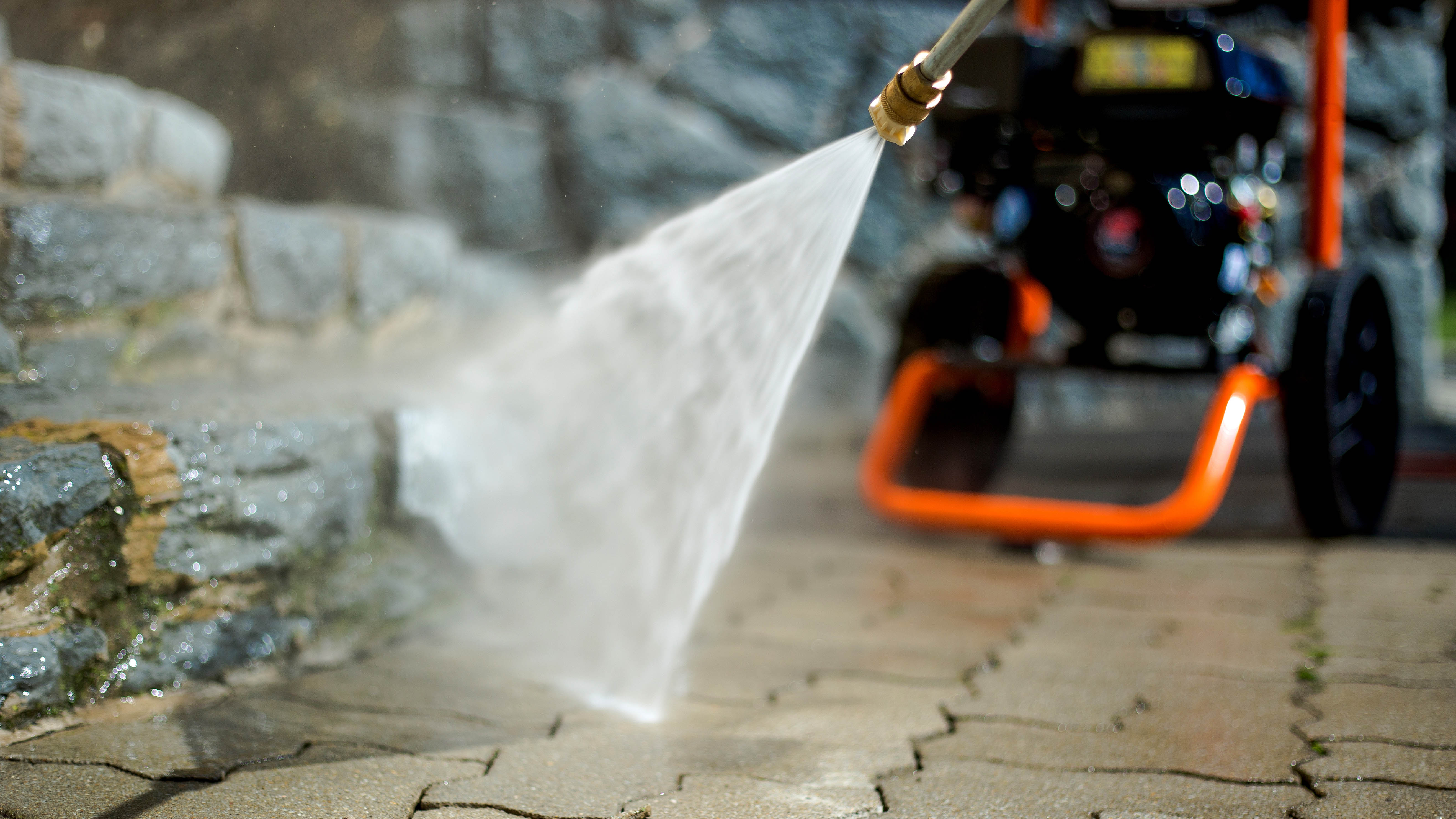
When it comes to those heavy-duty cleaning jobs around the home, nothing can beat the power of a pressure washer. This handy tool will blast away dirt, grime and tough stains in no time, and all at a press of a button. Not to mention, saving you the efforts of manual labor!
But, while it can tackle the most demanding household jobs, there are certain things that you should never clean with a pressure washer. If you do, you could end up damaging or scratching surfaces, and cause more harm than good. Worse case, you could injure yourself if you don't use that pressure washer properly!
Typically, a pressure washer uses a highly pressurized water jet, and can be used for blasting away dirt, moss, lichens, algae and even gum from hard surfaces. These are particularly ideal for getting patios, decking, driveways, and stone tiles spotless, especially if you want to give your backyard a makeover this season.
So before you grab that pressure washer to handle your tough jobs, avoid these nine things you should never clean with a pressure washer.
1. Windows
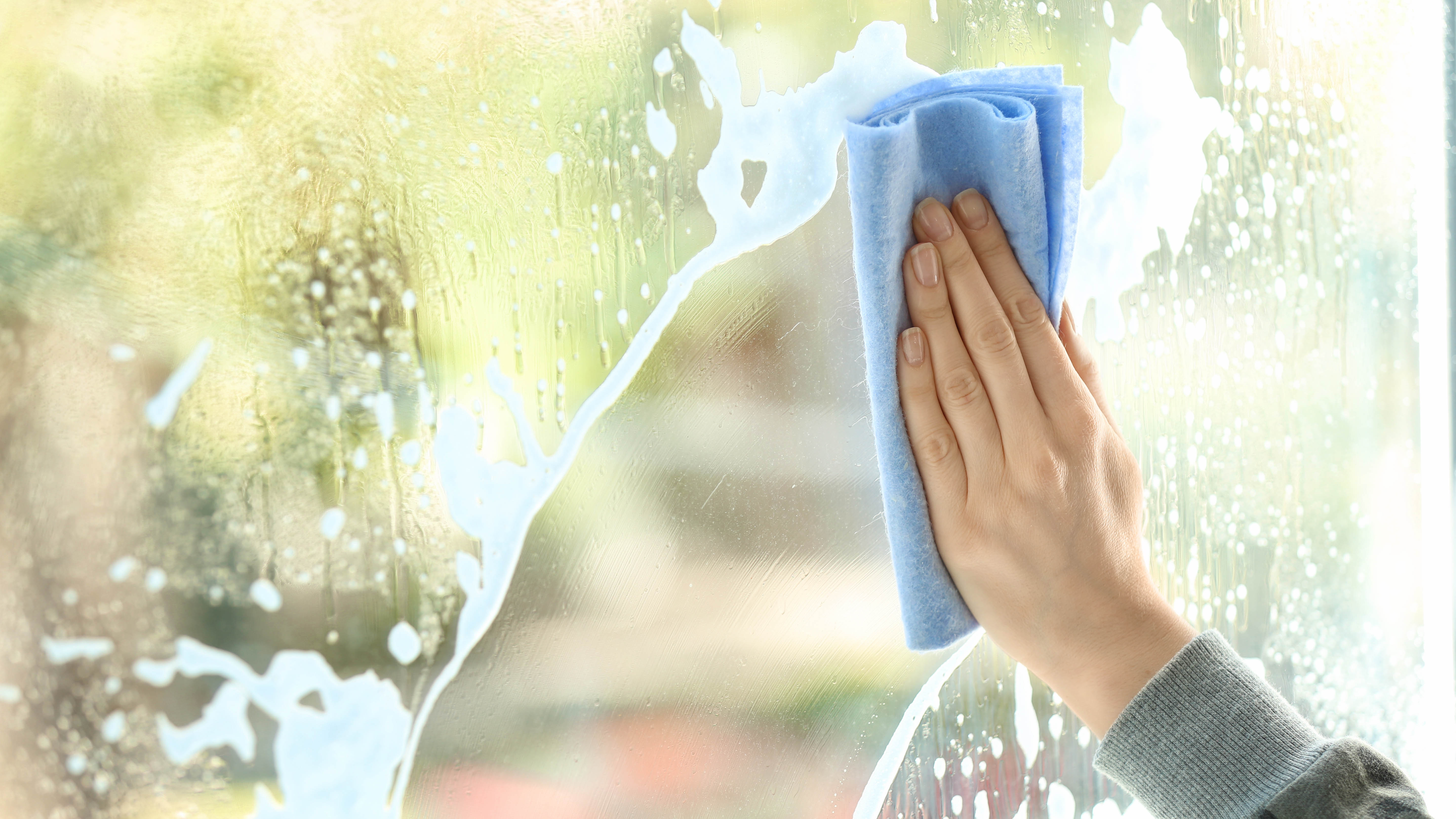
Windows can easily get grimy, and while it might seem quick to spray the glass clean, never use a pressure washer. The high-pressure jet spray will be too powerful for fragile panes of glass, and may break or even shatter them.
Additionally, the force of the jet spray can damage the seals around your windows, which will allow leaks to seep in, creating condensation and potential mold issues. Plus, if you have older window frames, damaged seals will cause them to crack or warp.
It’s always best to clean windows by hand with dish soap and water, while white vinegar is great for cutting through limescale. Then, you can simply use a garden hose with a nozzle attachment to rinse away any grime or debris. This is a much safer option, and will save you from spending a fortune on replacement windows!
2. Cars
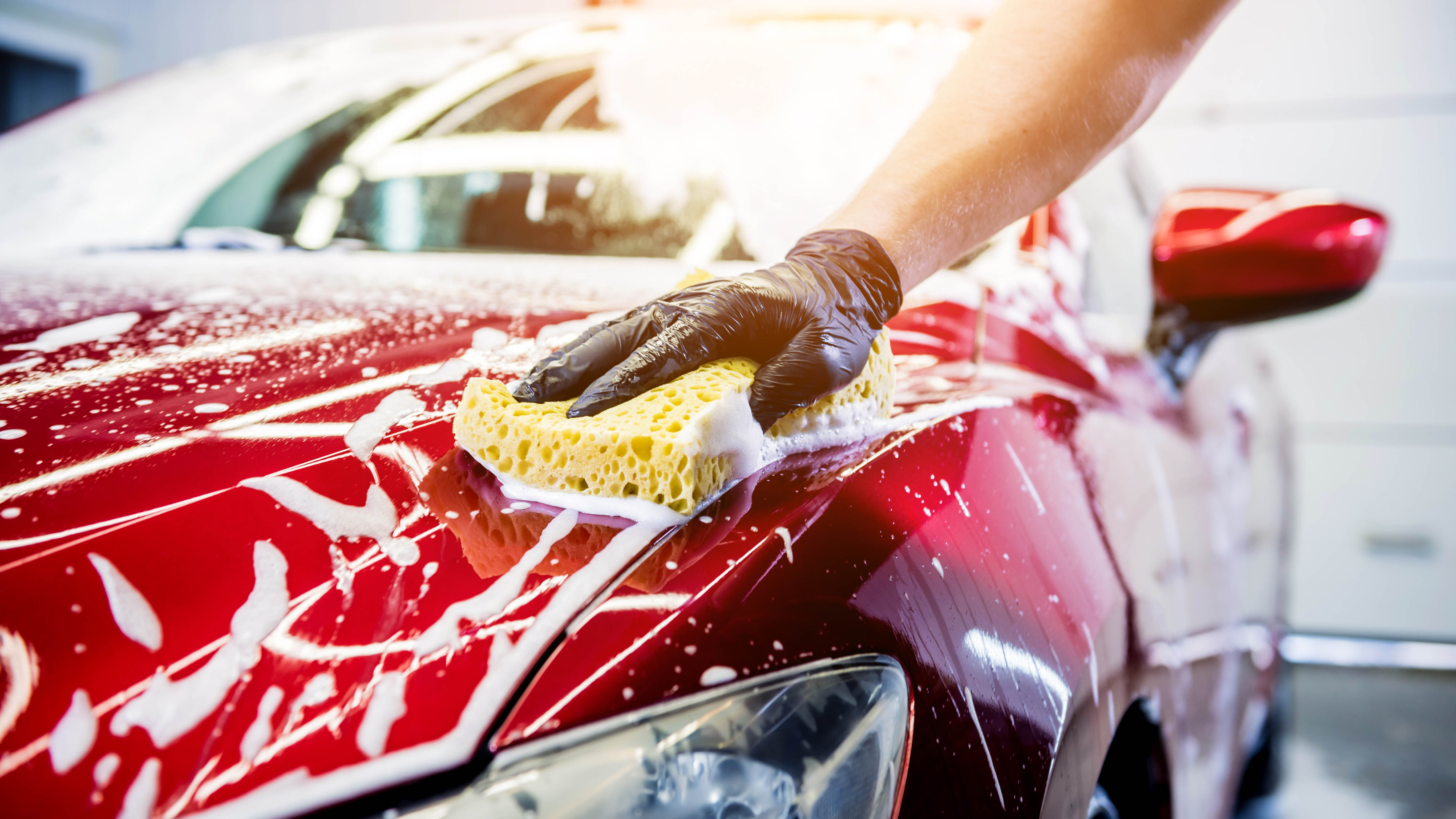
We all want our cars to look as clean and shiny as they did when they left the showroom, but washing vehicles can also be time-consuming. And while you can find certain pressure washers suited to washing vehicles on a low pressure, it's strongly advised to never clean cars with a pressure washer.
The spray power of a pressure washer can literally strip paintwork, leaving dents or chips. This is especially the case when there are slight changes in the angle of the spray from the distance to the vehicle.
In addition, any long-term damage can cause rust or corrosion to bodywork or even serious damage to the vehicle’s engine, resulting in costly repairs. It’s always best to hand wash with a soft sponge or cloth soaked in soapy water, and rinse down with a hose. Alternatively, you can just take you vehicle to the car wash, and save yourself the bother!
For more top car cleaning tips, here’s how to clean a car seat like a pro, just be aware of these 9 mistakes to avoid when you clean your car.
3. Light fixtures
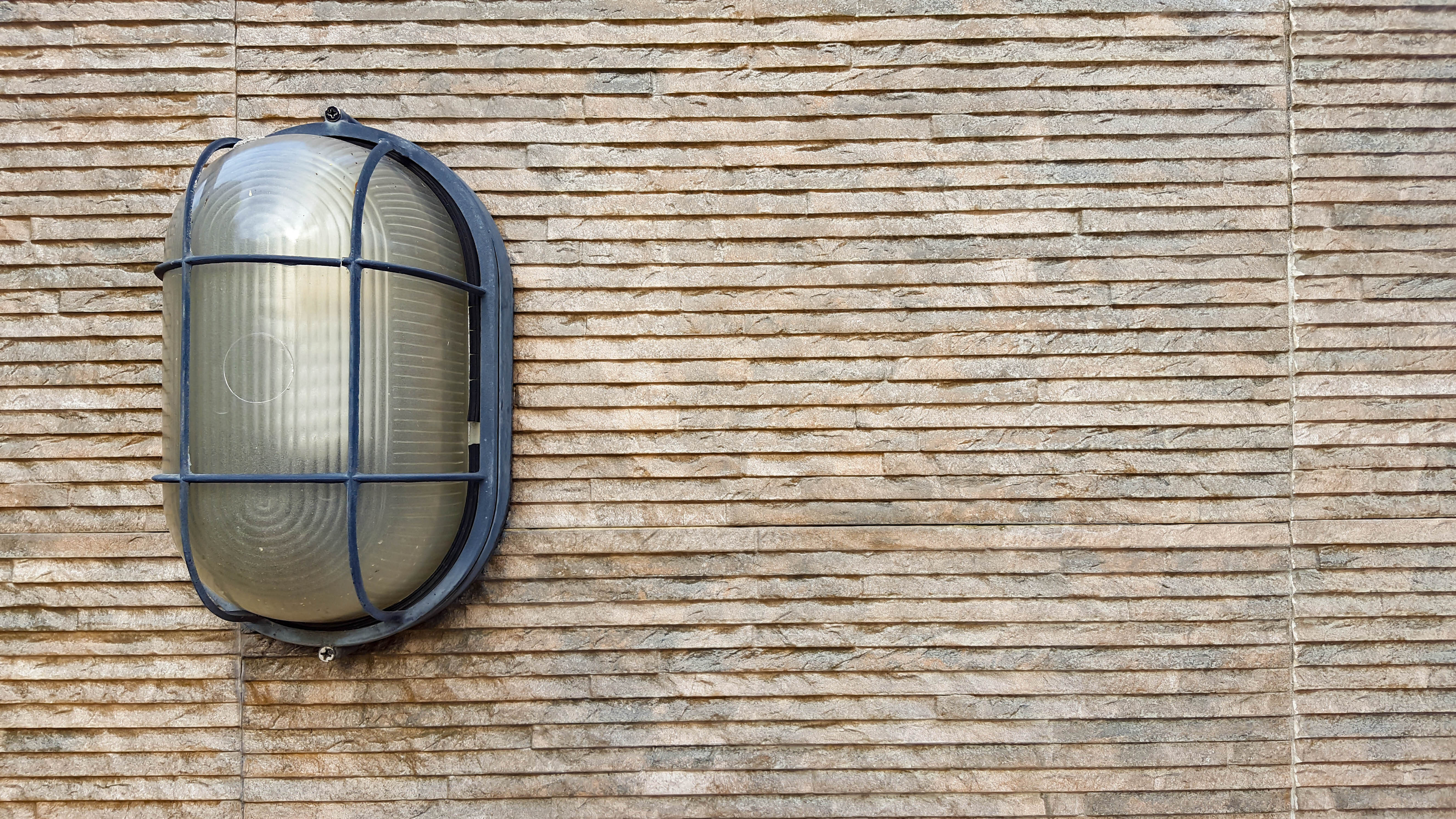
If you have outdoor or solar lights fitted in your backyard or porch, these are bound to get dirty over time. But while they’re designed to withstand all kinds of weather, this doesn’t mean you can clean it with a powerful pressure washer.
The high blast from the jet spray is enough to break any glass panes or bulbs in your lighting. What’s more, this may remove the fixture from its mount completely, damaging your beautiful lights. Plus, you don’t want any water to seep into the internal electrical elements.
The best way to clean outdoor lights is to carefully remove the lightbulb from the fixture and wipe with a clean damp microfiber cloth. Then, take an old paintbrush to brush away the debris, dead bugs or cobwebs outside the fixture, before cleaning with a damp soft cloth or sponge with soapy water.
This will prevent any risk of damage, and keep your light fixtures clean and in top condition to enhance the best lighting for your home.
4. Painted or stained surfaces
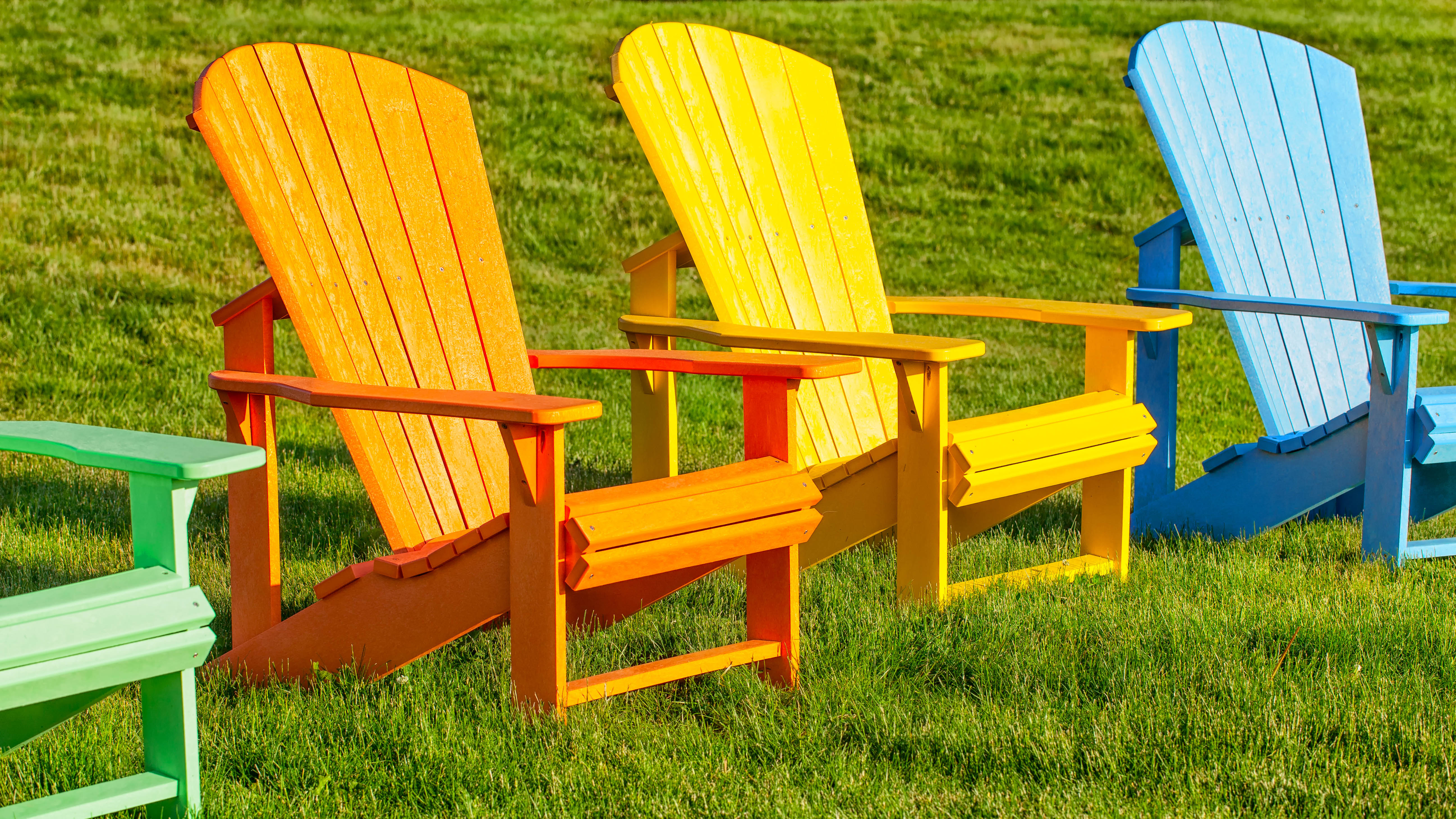
Whether it’s a grimy wall, wood decking or outdoor furniture, never clean painted or stained surfaces with a pressure washer. If you do, the powerful spray will strip the paint or stain off surfaces, causing it to peel, chip or look unsightly.
Also, power washing can remove any protective sealants you may have applied to your painted surfaces, such as waterproofing sealers and mildew-resistant coatings. This would make it more susceptible to water damage, warping or even mold.
So if you want to avoid damaging stained surfaces, it’s always best to clean delicate areas with soapy water or a specialized stain remover. We can recommend this Star Brite Non-Skid Deck Cleaner & Protectant ($38, Amazon), that is suitable for all surfaces.
5. Asphalt shingle roofs
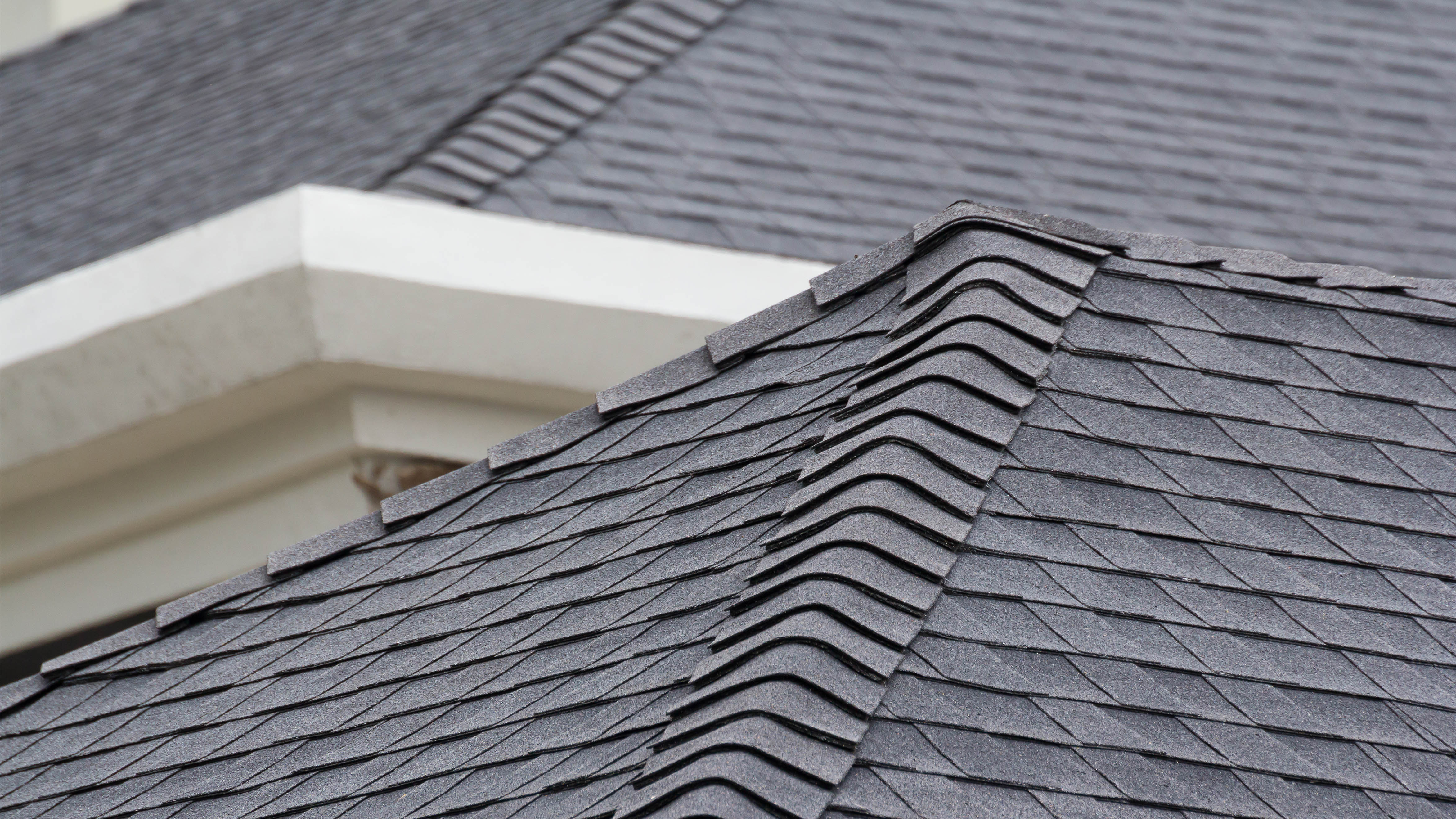
While our roof is something that we rarely tend to, it’s often noticeable when the tiles are dirty. However, if you have asphalt shingle tiles on your roof, never clean them with a pressure washer. While it may seem the easiest way to remove dirt and moss, the high water pressure can also strip away the granules that hold your asphalt shingles in place. This can cause your roof to crumble, break or become completely loose — especially if the roof is older.
What’s more, this will make your roof susceptible to leaks, mold and mildew in your home, cracks, or more serious structural damage. Generally, cleaning a roof yourself is dangerous without the necessary safety precautions. And so it’s always best to hire a professional roofing company to tackle the job.
6. Gutters
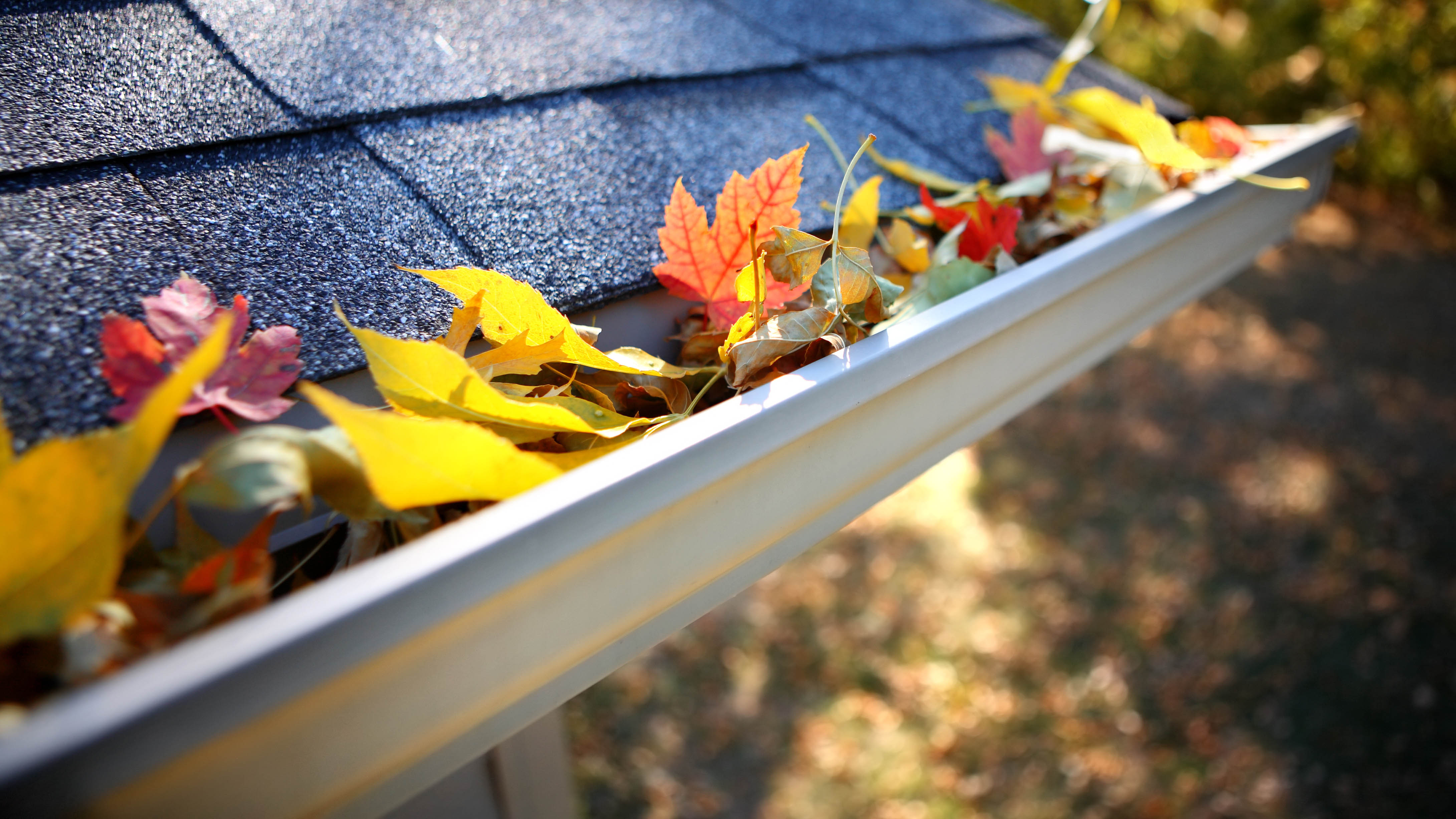
Similarly, cleaning out the gutters is not an easy (or exciting) task. And while it might be tempting to quickly blast away the dead leaves and debris clogging up the gutters, never use a pressure washer.
A pressure washer is far too powerful, and can wash away the mortar holding the gutters up. What’s more, pressure washing could actually pull the gutter off the house completely, or cause serious damage to the downspout.
Luckily, you can learn how to clean gutters, with or without a ladder, by simply cleaning the debris by hand and rinsing inside with a garden hose. This is a much safer way to clean your gutters, avoiding potential repair work and costs.
Plus, check out these 9 ways to prevent mold in your home.
7. Brickwork
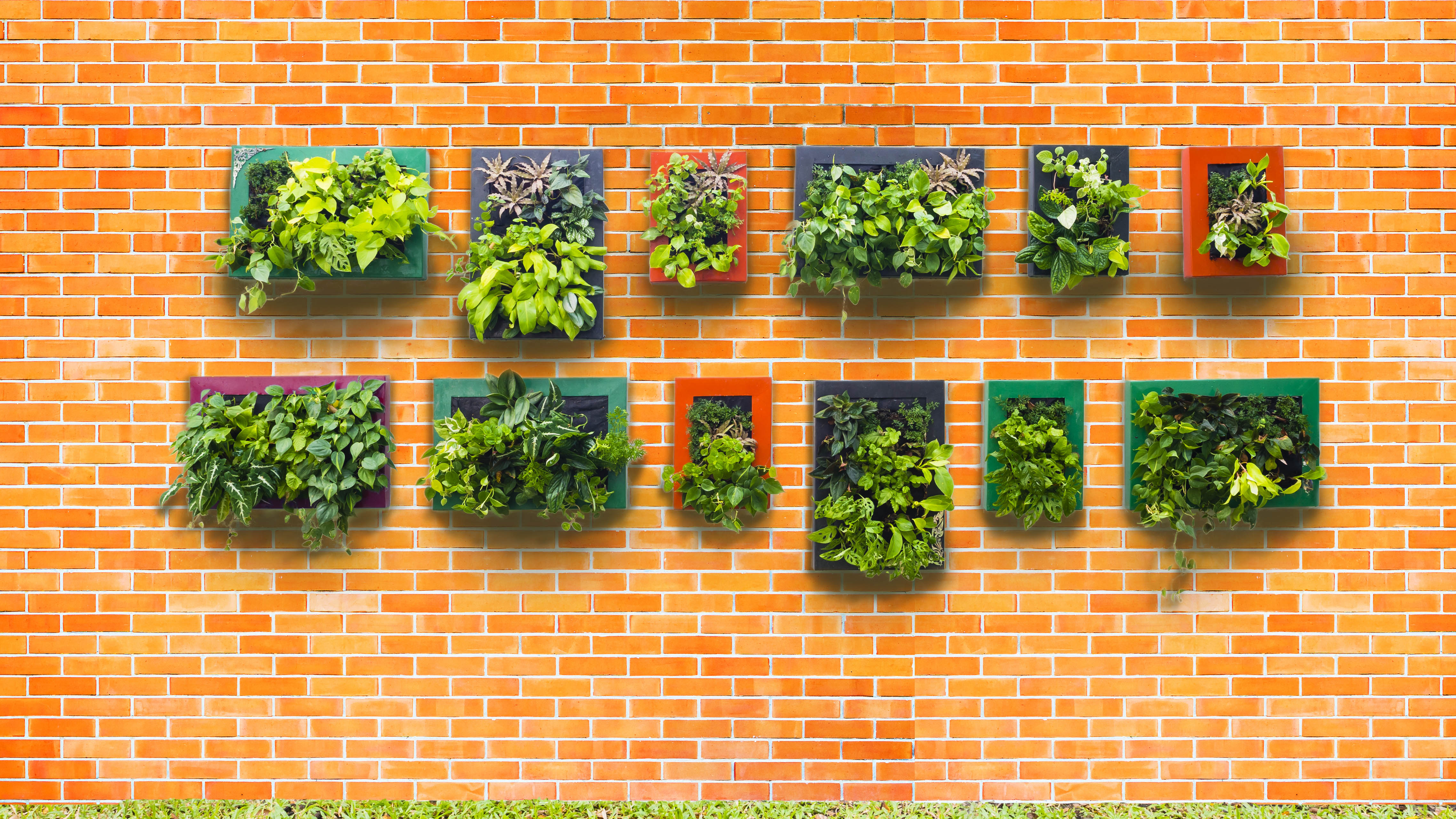
Now this might seem surprising, especially if you have a grimy brick siding — but you should never clean bricks with a pressure washer.
This is because brick is a porous material, which can easily absorb water. Once it absorbs too much moisture, it will expand and then contract as it dries, causing cracks in the brickwork.
In addition, the high-pressure spray can wear away the mortar holding the bricks together. Not only will it be vulnerable to severe weather damage, but will leave you with an unstable, and unsafe structure. The last thing you want is a collapsing wall in your property.
Instead, clean brickwork with a solution of bleach and soapy water, or buy a specialist cleaner like this 30 Seconds Outdoor Cleaner ($43, Amazon), to clean stains from organic growth.
8. Air conditioners
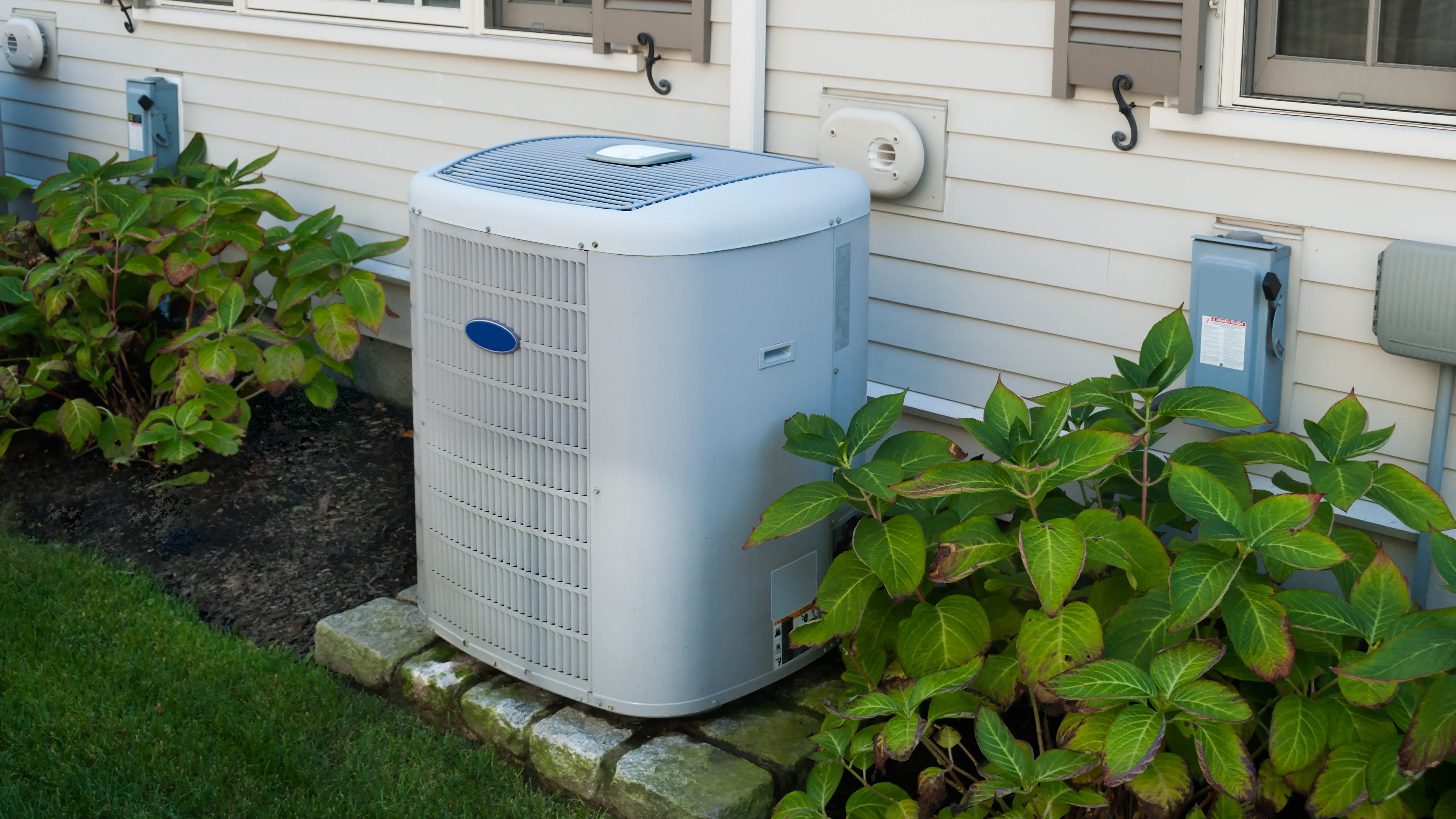
If you want to maintain your air conditioner unit, avoid cleaning with a pressure washer. Although it would quickly get rid of dirt and grime on the outside of the box, the force of the spray could also bend or crush the delicate metal fins that restricts the airflow into the unit.
It’s advisable to brush away any debris or dirt with a soft brush between the fins, and use a garden hose to carefully wash any grime away. For more top tips check out how to clean an air conditioner as well as what to look for when buying an air conditioner.
9. Electric meters
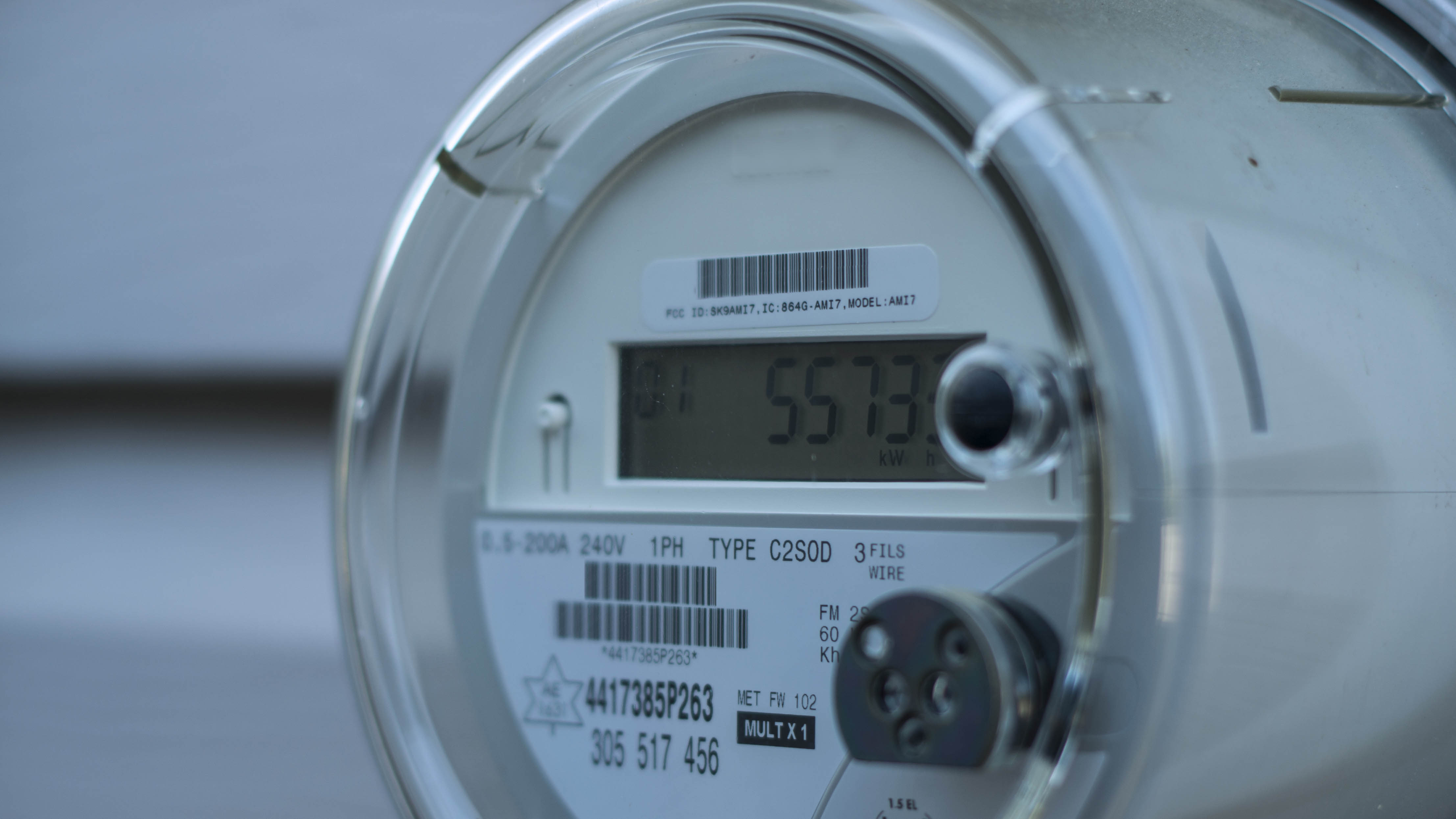
Similarly, never clean electric meters with a pressure washer. Generally, electric meters are designed with a solid metal casing and transparent glass or plastic cover over the face of the meter.
However, the high-pressure from the washer can force water through the crevices of the plastic cover, which can cause damage to the electrical system inside. Not only could this affect the incoming electricity, but end up costing you in expensive repairs. Simply wipe down your electric meter with a damp, soapy cloth to remove any dirt or grime from the cover.
Things you can clean with a pressure washer
- Concrete and paved paths
- Driveways
- Garage floors
- Vinyl siding
- Outdoor furniture
- Garbage cans
- Decking (unstained)







